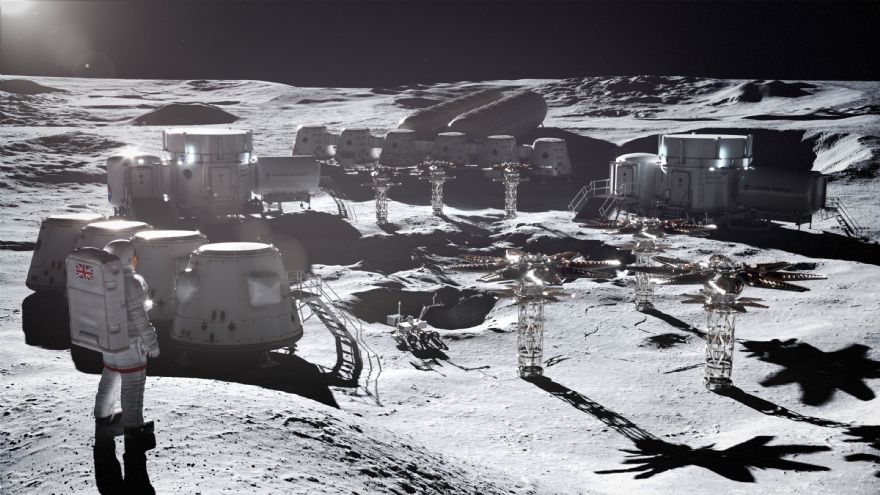
Eleven projects that highlight ‘the best of UK space expertise on the international stage’ have secured a £13 million funding boost from the
UK Space Agency’s International Bilateral Fund, which is focused on supporting the UK space sector to work directly with international partners on ‘exciting and innovative projects’.
This funding will, for example, help the University of Strathclyde to work with organisations including MIT and the Alan Turing Institute to use artificial intelligence (AI) to improve space operations, safety, and sustainability.
Meanwhile, Vertical Future is developing a robotic ‘space farm’ facility to grow plants in space, and Rolls-Royce is working with the US company BWXT on space nuclear power. These and other projects highlight the breadth of expertise found throughout the UK’s space sector, which employs around 49,000 people.
Speaking at last month’s
39th Space Symposium in Colorado Springs, Andrew Griffith MP — Space Minister at DSIT (Department for Science, Innovation and Technology) — said: “The UK is home to some of the brightest minds in space science, aerospace engineering, and an entrepreneurial commercial space sector. It is no wonder that the world wants to collaborate with Britain when it comes to space. I am delighted that we have been able to support new space collaborations with private organisations from countries like the USA, Australia, Canada, India, and Singapore.
“This is the second phase of investment awarded through the UK Space Agency’s £20 million International Bilateral Fund, following the first phase in August 2023. Phase 1 funded 32 projects up to £75,000 each; all of these entered a highly competitive process for further funding from Phase 2.”
Paul Bate, the UK Space Agency’s chief executive, added: “We want to draw on the best global talent to push the boundaries of new technology such as AI and space nuclear power, enhance our homegrown space capabilities, and catalyse investment into the UK economy. The projects supported by our International Bilateral Fund champion the best of British innovation, while strengthening our ties with the wider space community. Together we can break new ground, further our understanding of the universe and use the vast power of space to protect and benefit lives on Earth.”